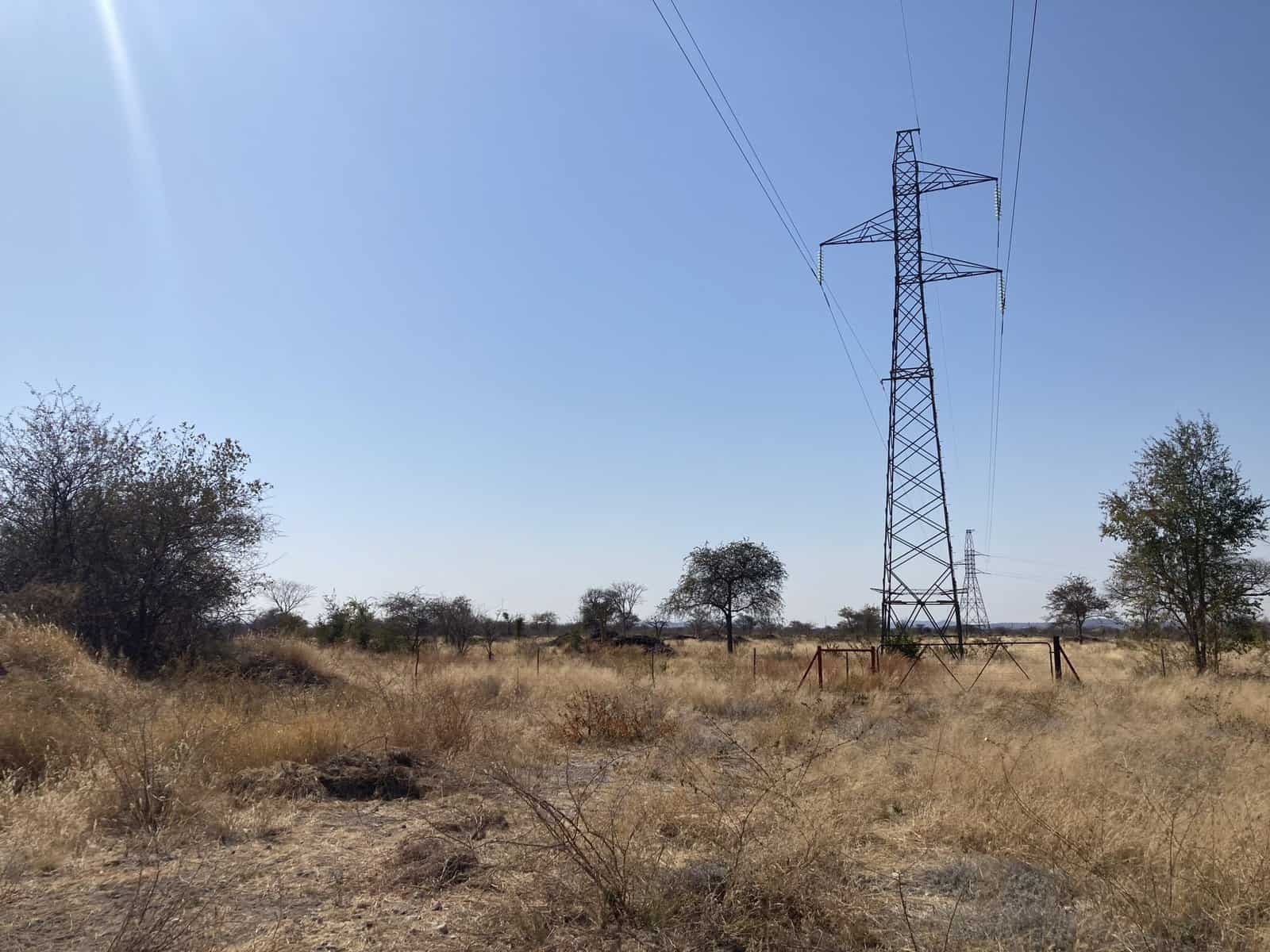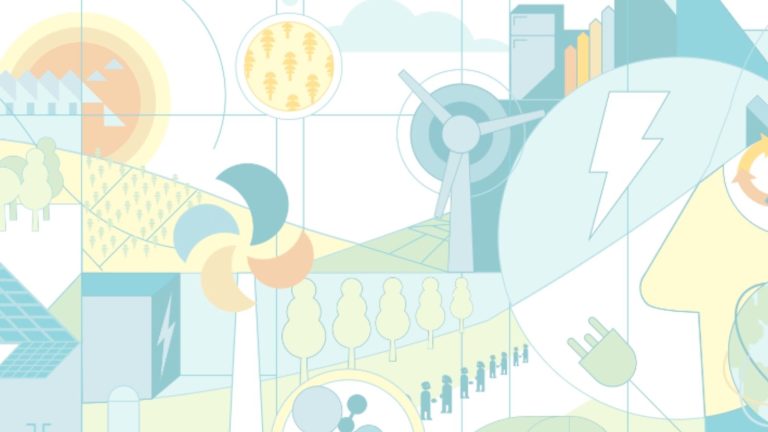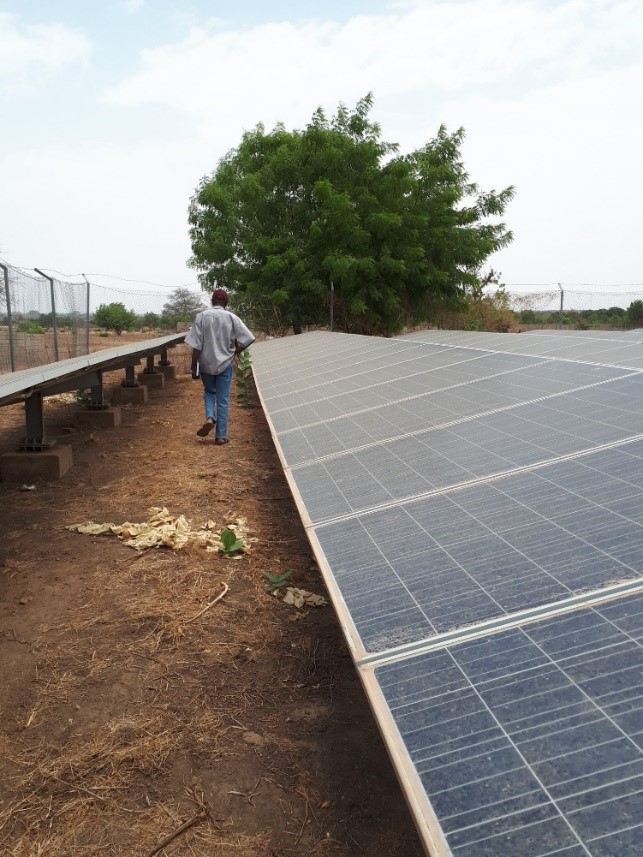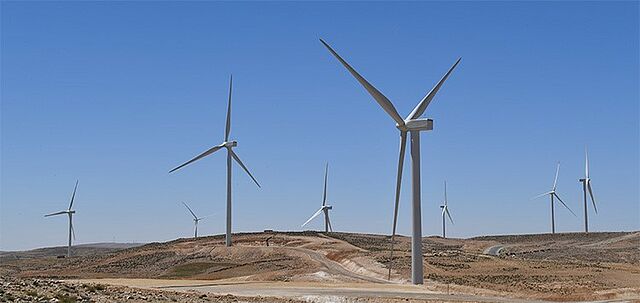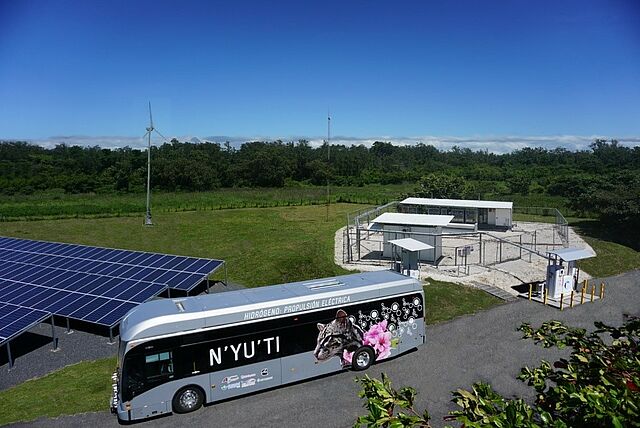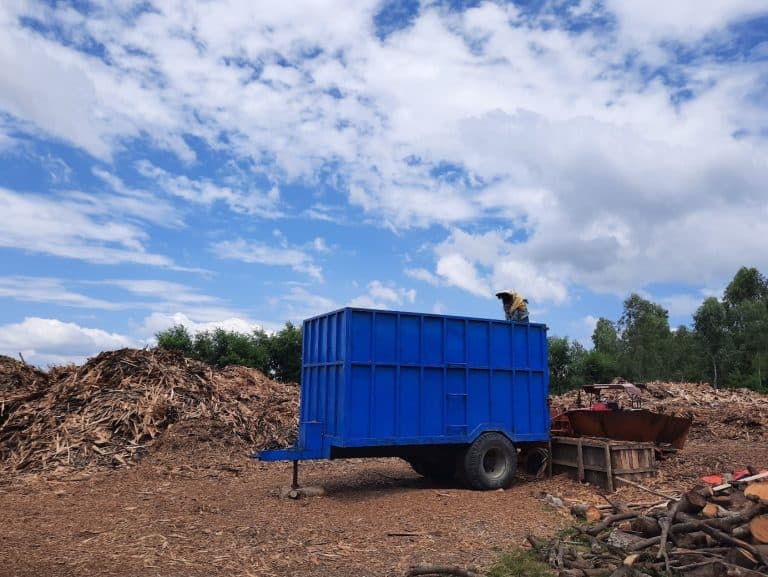
Background:
India is the world’s second largest producer of steel. The sector accounts for 13% of the country’s coal consumption and emits 250 MT CO2e (about 10% of total emissions). There is a strong demand for steel within India due to the growth in construction and infrastructure sectors and emissions are projected to increase to 800 MT CO2e by 2050 under a business-as-usual scenario.
The government of India is formulating several green industrial policies while also working on a roadmap for green steel production. However, these initial steps must now be translated into action by addressing some of the key barriers to energy transition.
Approach to Transformational Change:
In response to the increasing steel demand from the construction and infrastructure sectors, the project aims to catalyze the decarbonization of Indian steel production by demonstrating the technical and commercial viability of energy-efficient and best available low-carbon technologies (BAT).
The project will focus on creating an enabling environment for green steel by introducing regulatory, financial, and educational measures to integrate renewable energy and BAT technologies.
The Financial Cooperation (FC) component will support the introduction of renewable energy and BAT technologies through a partial guarantee mechanism, concessional loans and grants.
The Technical Cooperation (TC) component will develop an enabling policy and regulatory environment for accelerating renewable energy integration, facilitate BAT awareness and adoption, and build stakeholder capacity and synergies with government and corporate momentum to drive the decarbonisation of the steel sector towards a net-zero pathway.
Mitigation Potential:
It is estimated that the project could directly reduce 11.25 MtCO2e during its implementation timeline and more than 88.47 MtCO2e over lifetime of the supported technologies.

